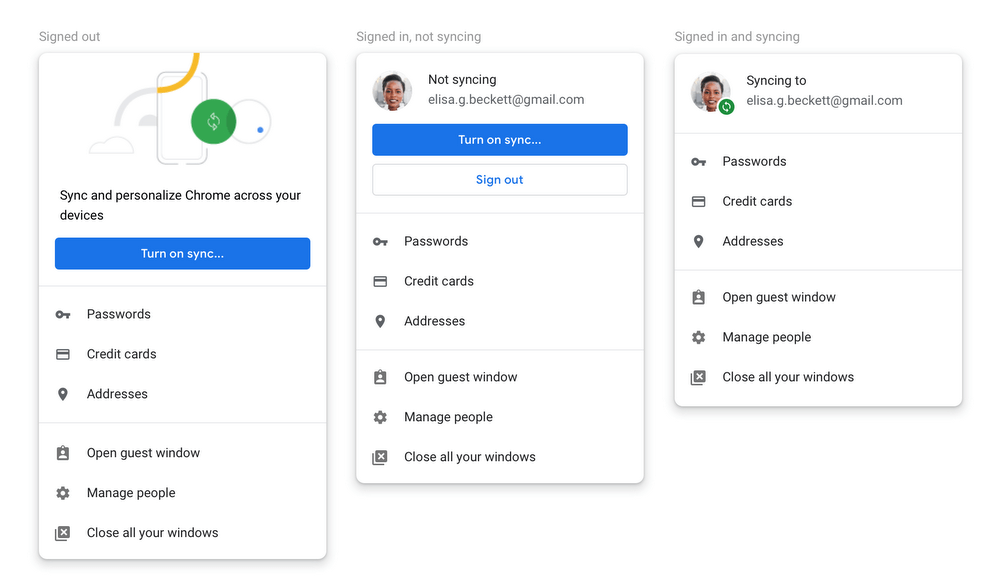What just happened? Google recently came under fire after users discovered that Chrome 69, which was released earlier this month, was automatically signing them into the browser when they signed into Google websites. The newest version of Chrome also leaves cookies on your computer even when you try to delete them all. Now, the company has announced these issues will be addressed in Chrome 70.
Matthew Green, a professor of Cryptography at Johns Hopkins University, discovered the sign in feature and explained that it had turned him off the browser he once loved. While many were concerned by the potential privacy implications, Google Chrome manager Adrienne Porter Felt said that the change was there to remind users when they were signed in. Felt added that this does not mean logging into Google services automatically enables Chrome Sync, which stores data (browsing history, passwords, bookmarks, etc.) to the company's servers.
Hi all, I want to share more info about recent changes to Chrome sign-in. Chrome desktop now tells you that you're "signed in" whenever you're signed in to a Google website. This does NOT mean that Chrome is automatically sending your browsing history to your Google account! 1/
--- Adrienne Porter Felt (@__apf__) 24 September 2018
But Google has listened to the feedback and will be offering more control over the feature in Chrome 70. According to the company's post, users will be able to "turn off linking web-based sign-in with browser-based sign-in." It will still be on by default, but you can now opt out.
Google is also updating Chrome's UI to make it clear whether a user is signed out, signed in and syncing, or signed in and not syncing.
The clear cookies function is also changing. While the 'clear all' option in settings leaves behind Google auth cookies that allow users to remain signed into the browser, Chrome 70 really will delete them all, thereby signing people out of their Google accounts.
Chrome 70 is set for release in mid-October.


